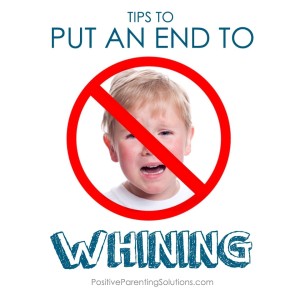 Last week I wrote about the reasons kids talk back. Here are 3 strategies for you to use to address backtalk.
Last week I wrote about the reasons kids talk back. Here are 3 strategies for you to use to address backtalk.
1. Own YOUR role. Communication is a two-way street and parents have to “own” the role they play in the power struggle. Be aware of your communication style and minimize the amount of ordering, correcting and directing you do with your kids (and spouse!) To learn more about how your personality priority impacts power struggles, I encourage you to sign up for our free training.
2. Give power. Find ways to give your kids the positive power they NEED! Provide more choices, bring kids into family decision-making when appropriate – give them opportunities to have more control over their world. To a toddler, that may mean choosing between a Batman and Spiderman toothbrush; to a teenager, it may mean having more choices in which family chores he will do and how and when they’ll be done.
3. Chill. Don’t over-react to backtalk. Our kids bait us with backtalk to get a reaction. They use negative power behaviors and expect a power-response from you – that’s why they do it! When you get upset and respond with a “you WILL not talk to me that way, young man”, they SCORE with a power payoff.
Instead, get eye to eye and very CALMLY say, “I feel hurt when you speak to me that way. When I hear that tone of voice, I’m going to walk away. I’ll be happy to talk with you when we can speak to each other respectfully.”
Then – WALK AWAY! The next time it happens – don’t remind – don’t say a word! Just CALMLY walk away. It sends the message, “I won’t participate in this power struggle with you.”
If you’re just beginning to see sassy backtalk rear it’s ugly head or you are experiencing down-right defiance, the three solutions above will get you started towards a solution.






 The child will naturally bring up the topic of whether the team won or lost. Celebrate wins – but tie them to specific behaviors. What did your team do (or did you do) that contributed to the win? Same thing for losses – what could your team/you do differently next time?
The child will naturally bring up the topic of whether the team won or lost. Celebrate wins – but tie them to specific behaviors. What did your team do (or did you do) that contributed to the win? Same thing for losses – what could your team/you do differently next time?


